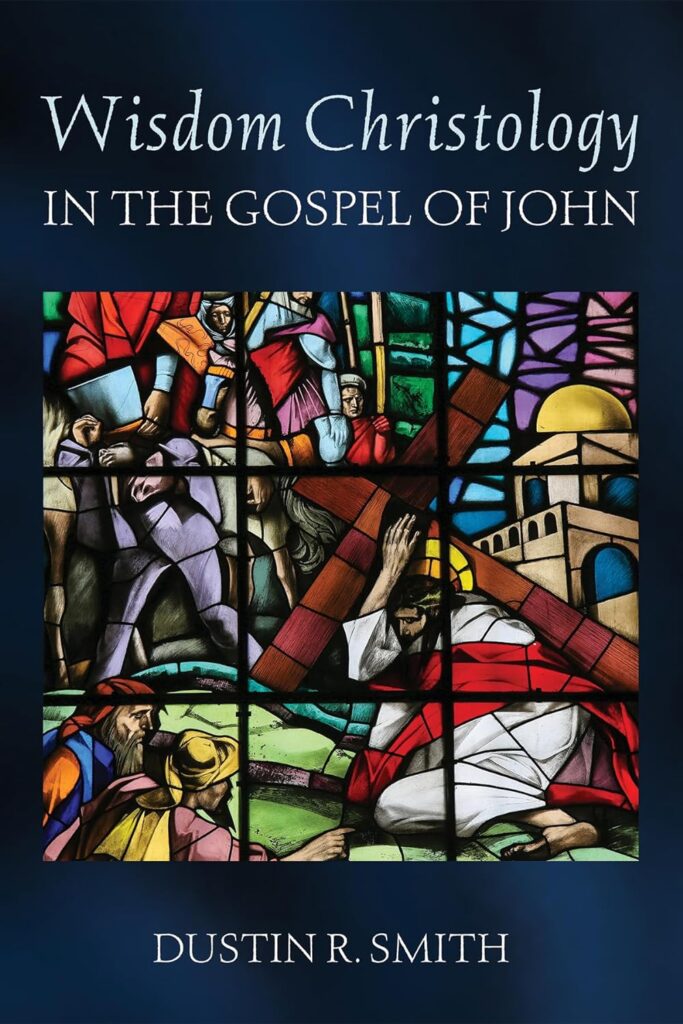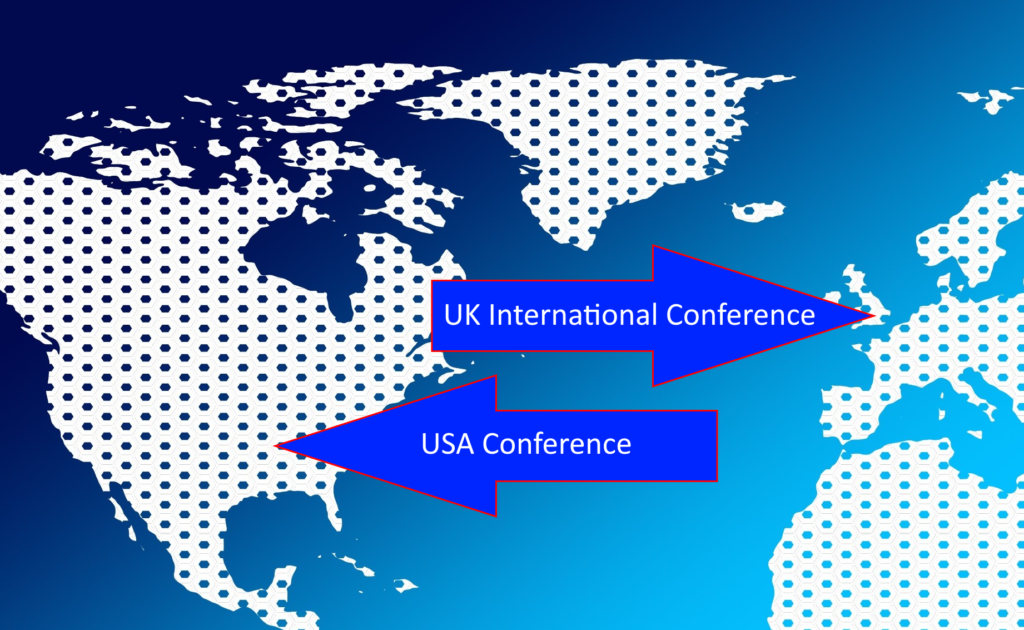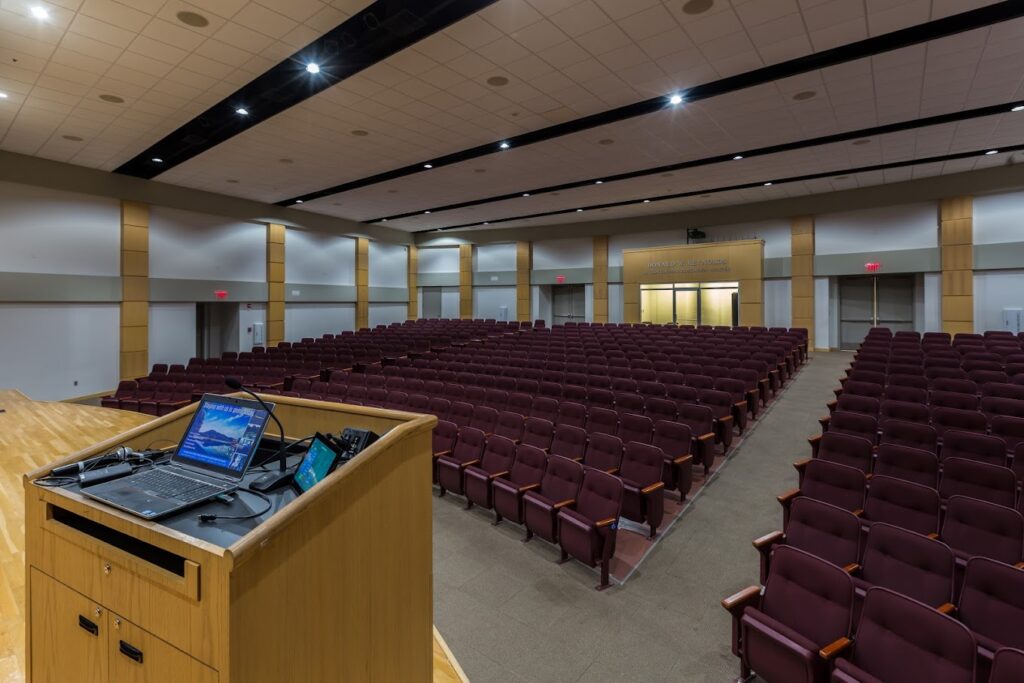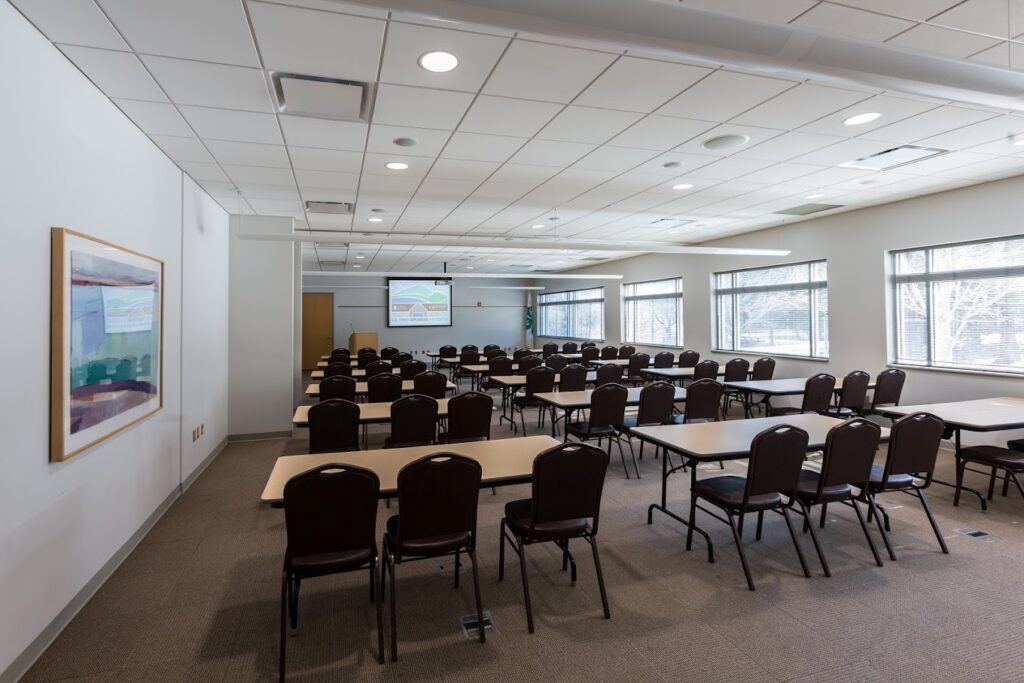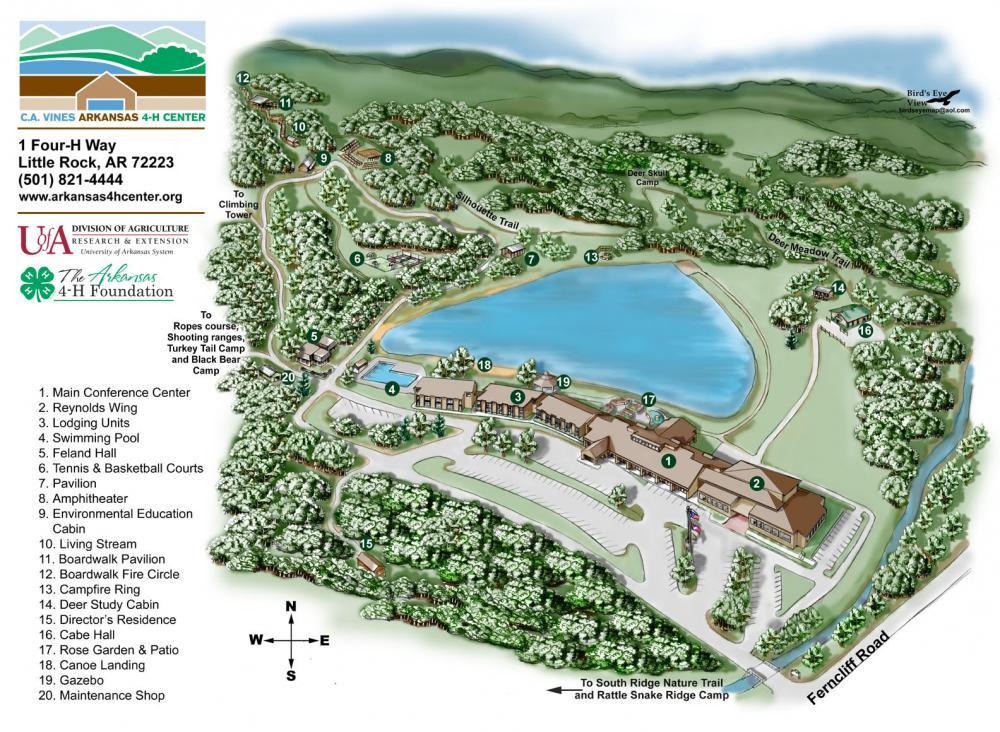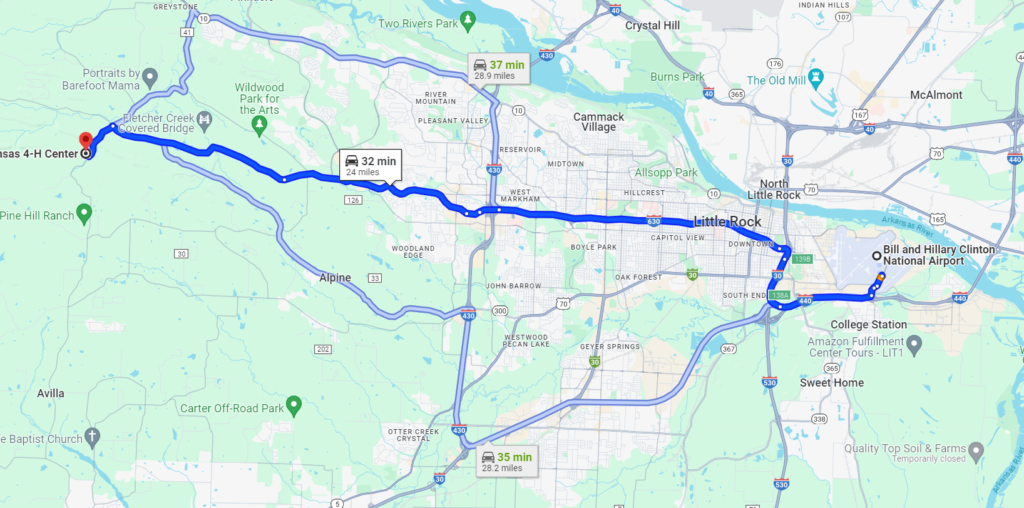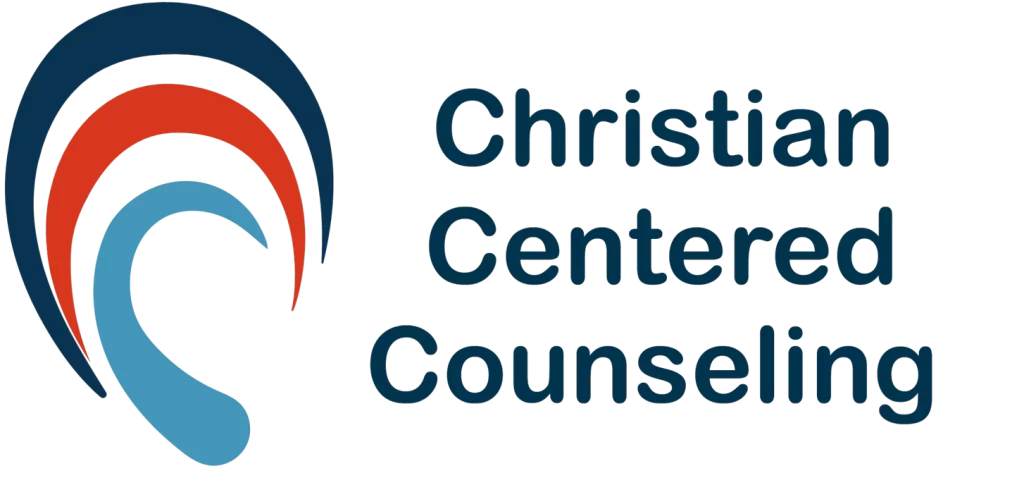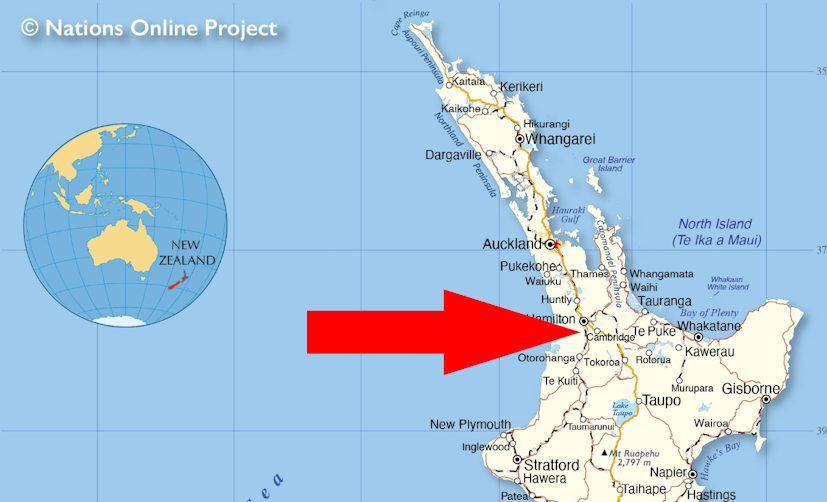
The UCA is delighted to announce our first ever international conference in New Zealand. Thanks to the efforts of Zach Mayo and his New Zealand conference committee, this has been organized for November 22 – 24, 2024 at the Don Rowlands Centre in Cambridge, New Zealand.
You can register here. Thanks to the generosity of the local hosts, registration is free!
The program is still be developed, and there will be a call for presentations; watch this blog. So far the following have been confirmed as presenters:
- pastor Jeff Deuble, author of Christ Before Creeds: Rediscovering the Jesus of History
- Restitutio podcast host, UCA Board member, pastor, and author of Kingdom Journey: A Call to Recover the Central Theme of Scripture, Sean Finnegan
- UCA podcast host, puppeteer, and UCA Board member Mark Cain
- trinities podcast host, UCA Board member, and co-author of the forthcoming One God, Three Persons, Four Views, Dr. Dale Tuggy
To learn more about this conference and its organizer Zach Mayo check out this interview for the Restitutio podcast. He is what I call a “whistleblower,” an evangelical Christian who believes that doctrine should be based on Scripture even if it conflicts with later catholic traditions. Like so many, Zach and his wife carefully re-examined the Bible and found that there the one God is the Father only, and that Jesus is his unique human Son and Messiah. Now they have joined our worldwide reforming movement.
We’re hoping to meet unitarian Christians from all over New Zealand, Australia, the rest of Oceania, southeast Asia, and beyond. It will be a place to fellowship, learn, be encouraged, and make new connections with like-minded believers. You can register now here.


